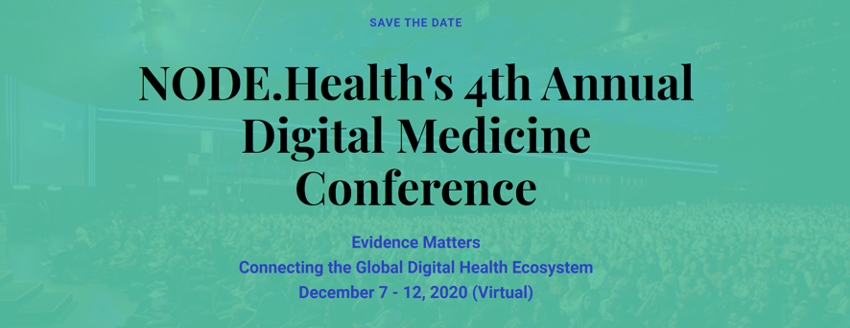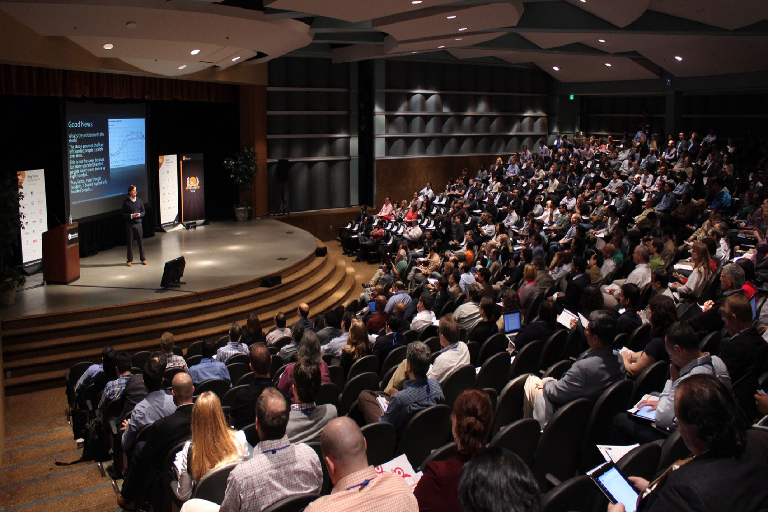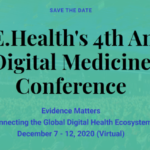Integrating applications with EHRs is one of the most challenging parts of the healthcare app development process. Applications that can’t access all the information they need from different programs and tools can potentially hinder clinician workflow, making the vital information unavailable or hard to access.
Adopting tools like backend-as-a-service (BaaS) and low-code app development that are built to manage and support the needs of a healthcare infrastructure. Embracing these tools can simplify the development process and help integrate apps more smoothly with other digital tools like EHRs.
BaaS is a tool developers can use to build apps faster and simplify how apps are integrated into the network along with other tools such as EHRs, Sravish Sridhar, GM of Kinvey and Progress GM told HITInfrastrucuture.com.
BaaS takes the features that every app needs, like sending and receiving data, and delivers it to the developers as a cloud service utility so developers don’t have to build those features for every individual app.
“Developers just pick and choose what features they want for an app, turn it on, and they integrate it to the user experience that they build,” explained Sridhar.
Building a healthcare application is much more involved than pulling together an app and deploying it onto the network. Entities need to set goals for their applications so they can be used effectively and integrate with other health IT tools.
“Every CIO, every chief digital officer tells me that higher quality apps, compliance and security, connecting to all internal systems, creating better outcomes, and reducing cost and doing it quickly are what organizations need for their app development process,” said Sridhar.
BaaS systems also support better app integration with EHRs because they can adapt to different kinds of EHR systems.
Many healthcare organizations have older or customized EHRs. Even if two entities are using the same Epic or Cerner EHR, if the systems have been customized it becomes difficult for organizations to integrate apps with their EHR.
Building apps to integrate with EHRs becomes even more complicated when large health systems that have acquired multiple healthcare companies with different EHR systems integrating apps becomes even more complex which is why a tool like BaaS is needed.
BaaS helps solve this problem by decoupling the frontend digital apps from the complexity and fragmentation of the backend.
“A chief digital officer can build an app as simple as trying to find the wait time for my ER to something more complex as an entire patient lifecycle when a patient visits a hospital,” said Sridhar. “They can build this mobile app, a web app, and a chat-bot in a very concise and precise way to be a very elegant user experience for the client.”
Low-code app development platforms also offer pre-built tools to help developers build apps faster s they can focus on system interoperability.
Forrester defines low-code platforms as, “platforms that enable rapid delivery of business applications with a minimum of hand-coding and minimal upfront investment in setup, training, and deployment.”
Low-code development platforms also give non-developers the opportunity to create apps. Organizations don’t need to bid against other organizations for experienced developers because users can create their own apps with the help of a developer instead of a team of developers.
Forrester sees a drive to expand and diversify the developer talent pool as one of the forces shaping the low-code platform market. Low-code platforms allow organizations to bring in developers with non-traditional backgrounds. Organizations can bring in developers with different backgrounds such as web design, to create apps that flow and have high usability.
Low-code platforms need added automatic generation of UIs for specific devices to ensure the ease of use. An app that is not designed correctly will likely be abandoned in favor of something more cohesive, causing organizations to waste money on poorly designed apps.
Forrester also pointed out the importance of guardrails for managing the app development and delivery process. Low-code platforms need to include tools to manage the development delivery and update processes. This often includes automated performance testing to ensure apps are still working correctly after deployment. The automation frees up valuable developer time to focus on other projects and apps.
Low-code app development platforms give healthcare organizations the opportunity to create custom apps for users without having to spend so much time in the development process.






























